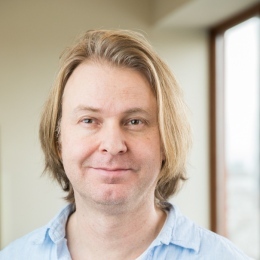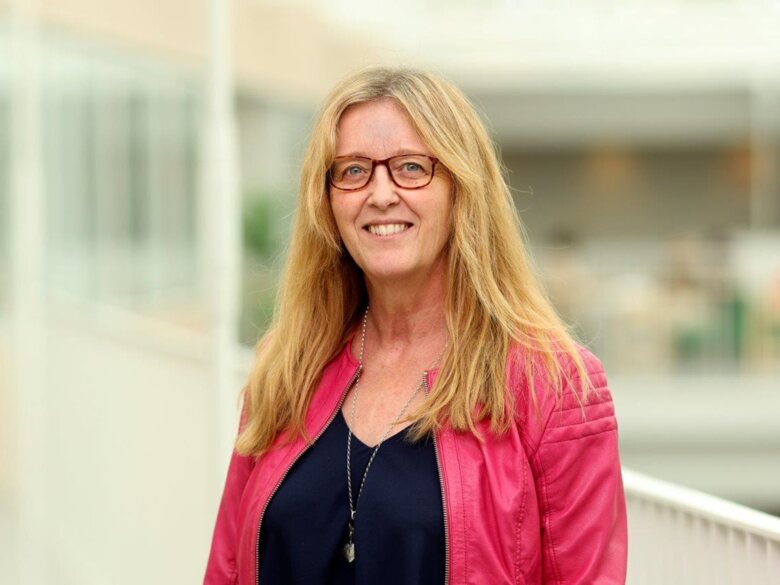MObile phone technology for REduced drinking (MORE)
Researchers at Karolinska Institutet, in collaboration with Region Stockholm, are investigating the effects of using smartphone applications (apps) as complements to treatment for alcohol dependence.
About the study
MORE is a clinical study investigating two digital tools (apps) given as complements to treatment for alcohol dependence, aiming to investigate whether these apps can make it easier to reduce alcohol consumption. Is it easier to change your alcohol habits if you by self-monitoring continuously can check your blood alcohol level, or continuously register your consumption in an app?
MORE also aims to qualitatively evaluate how the participants perceive these apps, and to validate the apps as means of reporting consumption. The project involves an RCT, a validation study and a qualitative study.
Study procedures
MORE is undertaken at the Clinic for Alcohol and Health, Riddargatan 1, in Stockholm, part of the Stockholm Centre for Dependency Disorders and the Centre for Psychiatry Research.
The study recruits treatment seeking adults, fulfilling the ICD-10 criteria for alcohol dependence, who have had at least five days with heavy drinking the past eight weeks. Furthermore, participants ought to have a smartphone, and should be able to read and understand Swedish. Exclusion criteria are severe physical or mental disorders, pregnancy, recent treatment for alcohol problems, and participation in other research studies.
Participants are randomized to either treatment as usual, or treatment as usual including one of two apps (an app connected to a portable mini breathalyser, or an app for continuous registration of standard units consumed). Treatment as usual includes four 60-minute sessions for 12 weeks, based on theories of guided self-change and CBT, and eventual pharmacotherapy. App data is shared with the treatment clinicians, used for feedback during these sessions. Follow-up at three- and six months.
Qualitative interviews are performed with a selection of participants who have been randomized to any of the apps, following their last treatment session.
Study progress
Recruitment started in September 2020 and the last follow-up was completed in June 2023. Individual interviews with participants were performed between December 2020 and July 2021. Focus group discussions with the clinicians, to explore their experiences of using apps as part of the clinical treatment, were completed in April 2023.
Publication of results are anticipated in 2023-2025.
Published results
Group members
Anna-Karin Danielsson
Principal ResearcherSven Andreasson
Affiliated to ResearchJosefine Östh
Postdoctoral Studies
Peter Wennberg
Professor, Stockholms universitet
Maria Jirwe
Professor, Röda Korsets Högskola
